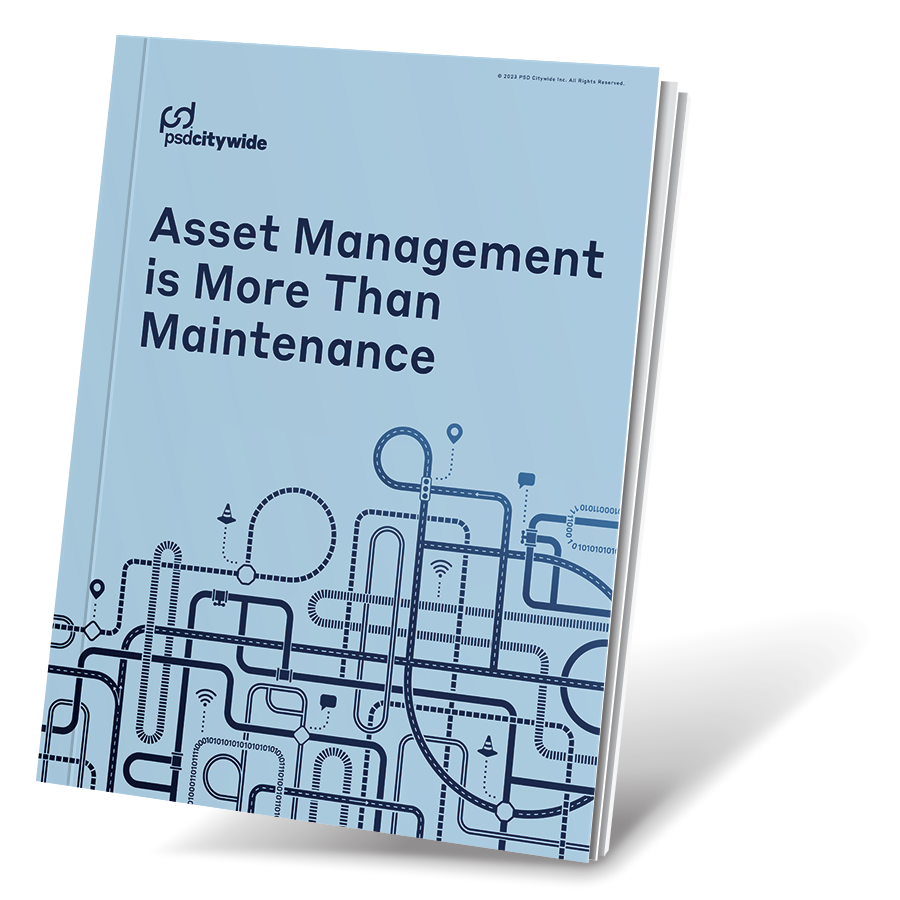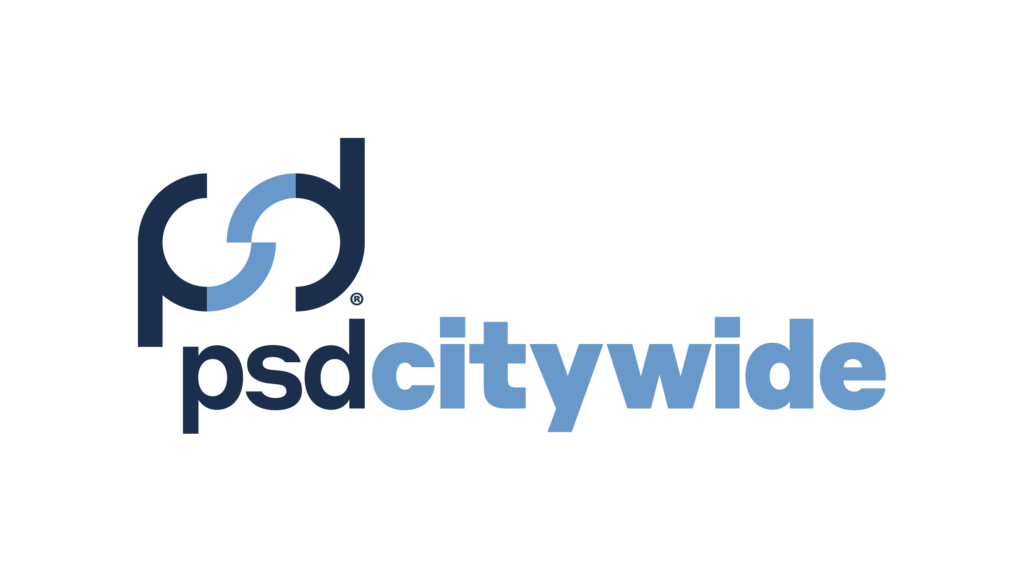Asset Management (AM) within municipalities has become a major area of focus in North America, and around the world. Its evolution has been an interesting one, crossing oceans and becoming more and more refined as a standard of excellence within municipal governments. Ready to learn about the history of Asset Management across the globe? Start scrolling!

The Term “Asset Management” Emerges
The term “Asset Management” started gaining prominence in the 1980s, especially in Australia, New Zealand, and the UK, marking a shift from reactive maintenance to a more strategic and holistic approach to long-term Asset Management.


Asset Management Evolves
One of the first comprehensive adoptions of the term “Asset Management” was during the privatization of water utilities by the Thatcher government in Great Britain during the 1980s.
a Footing
In Australia, “Asset Management” became widely adopted in the field of public works in 1993 when the Australian Accounting Standard Board issued The Standard 27 – AAS27. It required government agencies to capitalize and depreciate assets rather than expense them against earnings. This development has indirectly forced organizations managing infrastructure assets to consider the useful life and cost-effectiveness of asset investments.


A Professional Body is Formed
The Institute of Asset Management (IAM) was established in 1994. Composed of experts from around the world, the IAM develops Asset Management knowledge and best practices, and generates awareness of the benefits of the Asset Management discipline for the individual, organizations, and wider society.
Best Practices Are Shared
Since 1995, New Zealand Asset Management Support (NAMS) has led the development of global Asset Management. The NAMS Group’s manuals and guidelines are distributed worldwide and are representative of the world’s best practices.


Asset Management Comes to North America
Throughout the 90s, various states and provinces across North America started experimenting with Asset Management practices and implementing legislation to promote proper Asset Management. These exploratory efforts in the 90s would eventually mature to become legislation in the new millenium.
The Rise of Asset Management Systems
The City of Los Angeles became one of the first major cities to implement an Asset Management system in the early 2000s for its street lighting, leading to significant energy and cost savings.


The Pacific Northwest Gets Legislative
The Local Government Act in British Columbia Canada is introduced in 2000. This legislation set the stage for regulatory support and requirements related to Asset Management planning. Three years later in nearby Washington State, the legislature enacted laws requiring every board of county commissioners to file with the auditor of the county a full and complete inventory of all capitalized assets kept in accordance with state-set standards.
A Precursor to International Standards
Between 2002 and 2004, the Institute of Asset Management (IAM) developed PAS 55, the first publicly available specification for optimized management of physical assets.

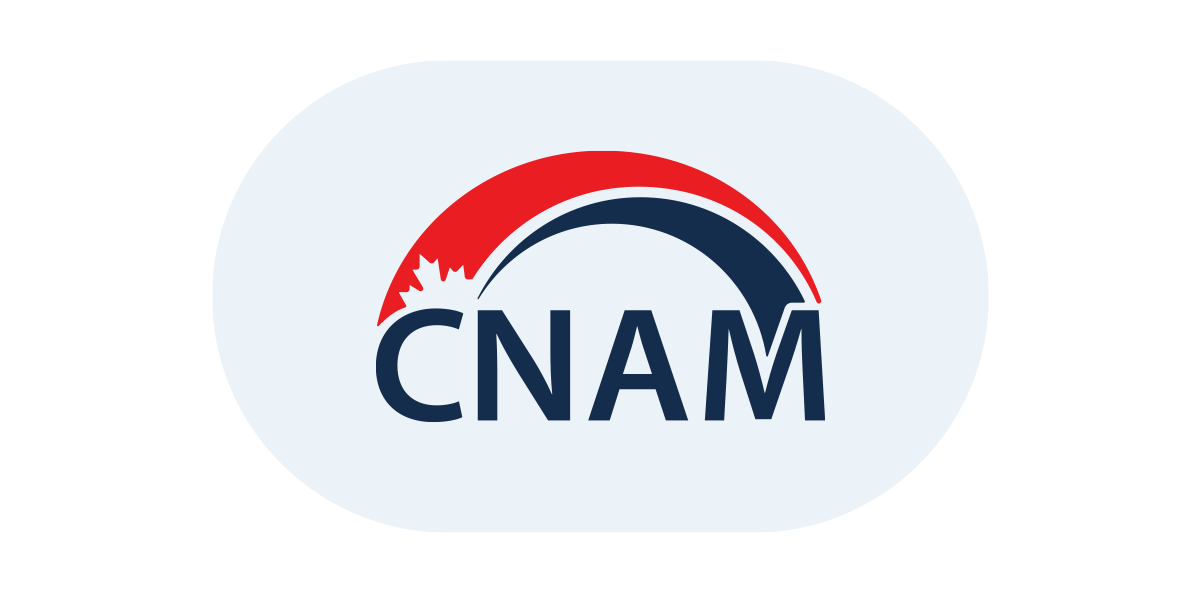
Asset Management in Canada Gets a Professional Body
Initially established by municipalities, for municipalities, the Canadian Network of Asset Managers (CNAM) is the association of public infrastructure Asset Management in Canada. Founded in 2009, government and private sector members develop policies, tools and technologies meant to improve the level of service for public infrastructure assets in every province and territory.
The Formalization of Asset Management Frameworks
Also in Canada, the Province of British Columbia released a manual in 2009 titled Asset Management for Sustainable Service Delivery: A BC Framework, emphasizing the importance of adopting standardized approaches to Asset Management. The framework is based on current international best practices including ISO 55000, as well as best practices that have been developed and endorsed by local government practitioners.
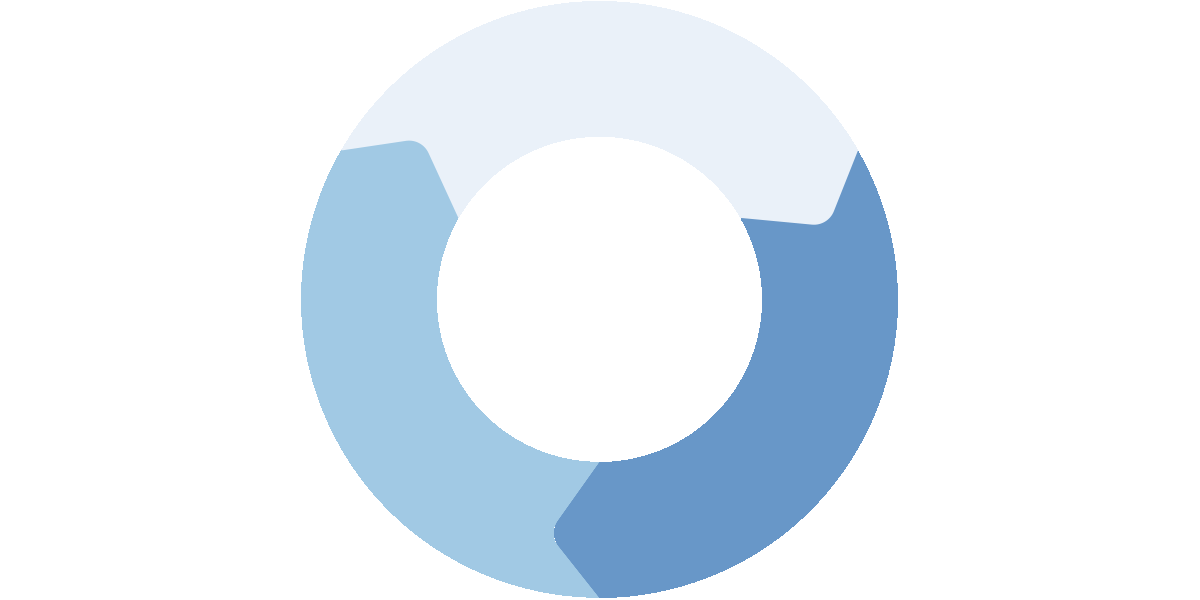
Funding is First Tied to Asset Management Planning
In 2012, the province of Ontario in Canada introduced the Municipal Infrastructure Investment Initiative. This was intended to provide municipalities with base funding for Asset Management planning and development.


A Global Standard Emerges
In January of 2014, ISO 55000, 55001 and 55002 were developed by the International Standards Organization (ISO). They provide requirements, applications and guidelines for implementing Asset Management practices. These three international standards are important because they represent a global consensus on Asset Management and what it can do to increase value generated by all organizations.
Tools, Training, & Resources Appear
The Union of British Columbia Municipalities (UBCM) in Canada established the Asset Management Program in 2014, aiming to provide local governments with the tools, training, and resources necessary to implement sustainable Asset Management practices. This program has been instrumental in supporting Asset Management initiatives across the province.


First Ever Regulation with Timelines Enacted
In 2015, Ontario Regulation 588/17 was enacted by the Province of Ontario in Canada. The introduction of this regulation further strengthened the requirements for municipalities to develop and maintain Asset Management Plans. The regulation outlined specific components that needed to be addressed in the plans, including infrastructure inventories, condition assessments, and financial plans.
Asset Management Goes Global
The United Nations Department of Economic and Social Affairs published a handbook in 2021 on infrastructure Asset Management. The Handbook calls national and local governments to action and provides them with concrete guidance on how to ensure the resilience, sustainability and accessibility of existing and planned infrastructure investments. It contains practical tools to improve infrastructure Asset Management, plus recommendations on how to adapt them to socio-economic and environmental challenges of our time, including climate change and public health emergencies.

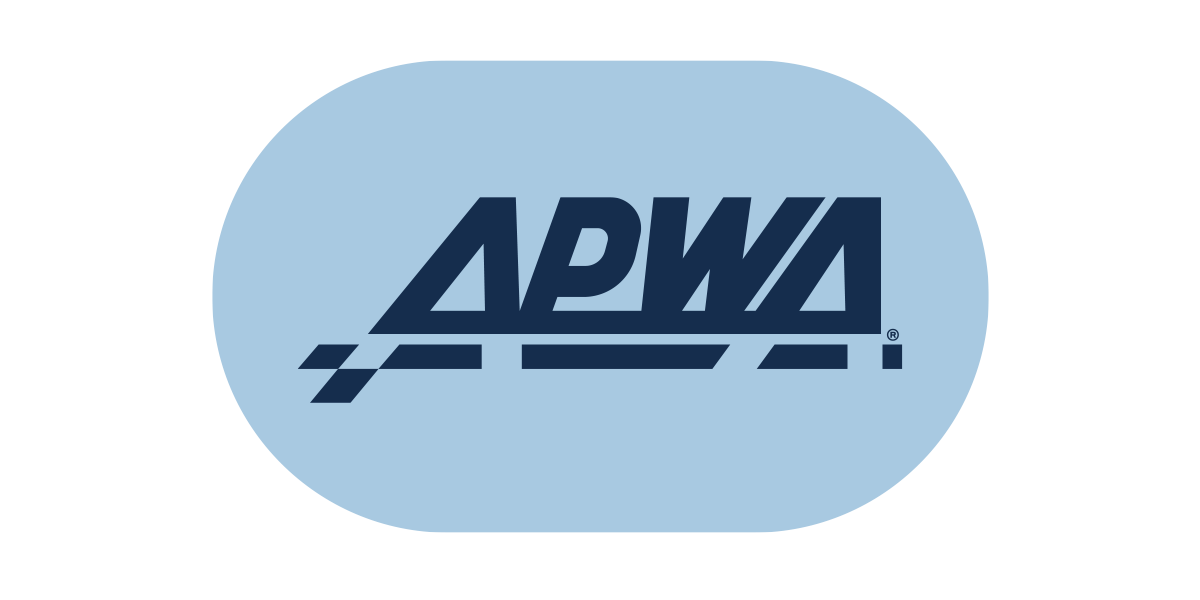
Asset Management Takes Center Stage
The first Asset Management Space is launched in 2022 at the American Public Works Association (APWA) Annual Conference & Expo in Charlotte, North Carolina. Sponsored by PSD Citywide and entering its third year, the thought leadership and educational space promoting AM best practices has grown in popularity, with Asset Management being the major focus of the 2024 conference – taking the center stage of discussion amongst municipalities globally!
What Does Your Future Hold?
Are you ready to write your own chapter in the History of Asset Management?
Download your free copy of our latest eBook that showcases the difference between Asset Management and Maintenance with insights into how you can introduce best practices within your community.
